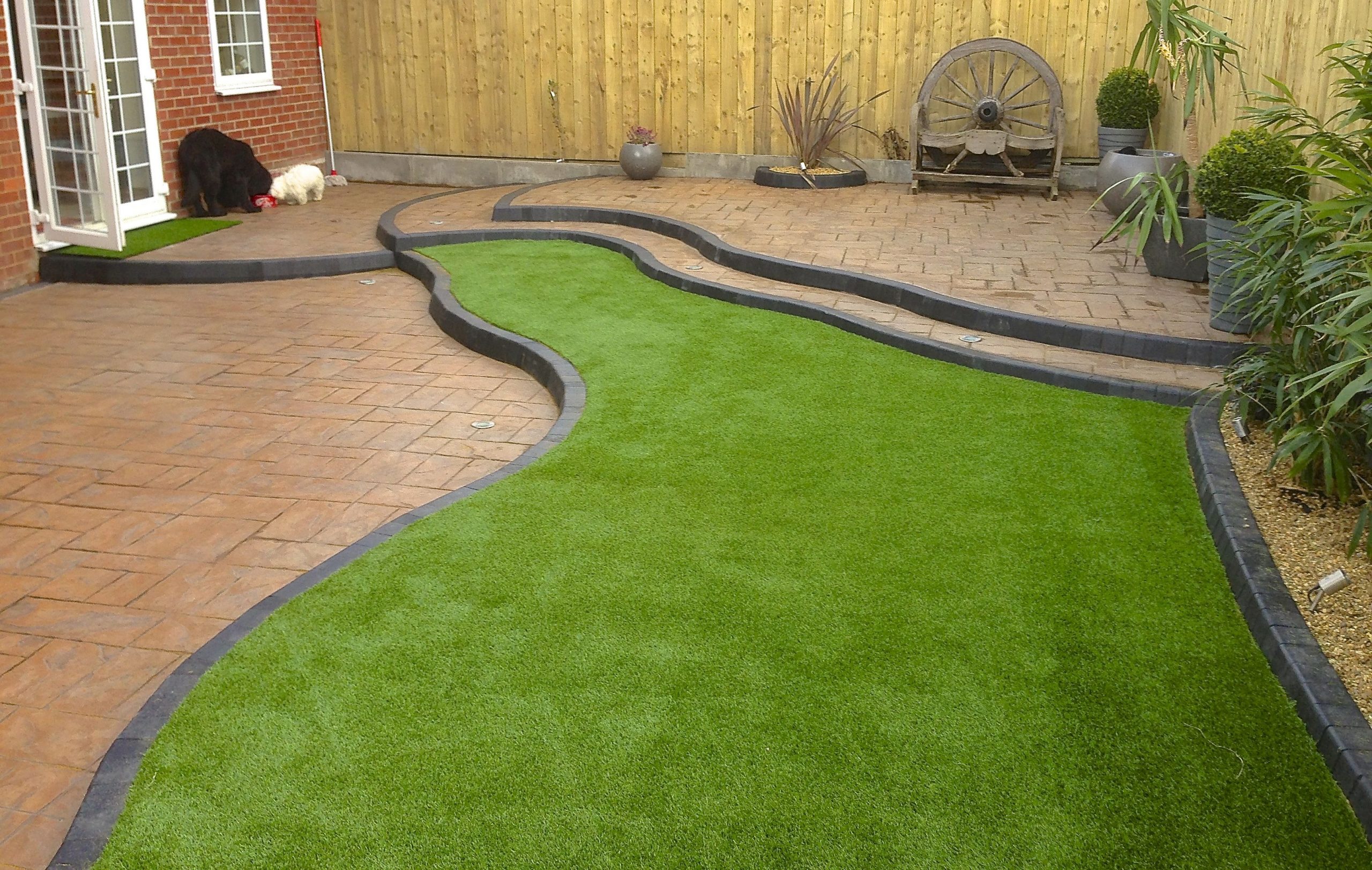Enjoying the outdoors in the warmer weather with less time spent mowing grass
Many householders with a garden look to make the most of it in the warmer weather once summer arrives; an activity made easier when there’s very little maintenance to do compared to real grass.
The advances in artificial grass mean more people are turning to it as an alternative to the real thing; there are various benefits in doing so both year-round and in the summer.
Low maintenance
Perhaps the main trump card of artificial grass is the vastly reduced levels of maintenance compared to a real surface.
Investing in fake grass means you can say goodbye to mowing, watering, feeding, fertilising, weeding and other activities such as scarifying, removing moss, replacing parts of turf, reseeding and more.
All this adds up to a large amount of time spent tending to real grass; time that could be spent enjoying the garden and relaxing as the sun shines.
In comparison an artificial surface may only require the occasional sweep, removal of debris and brushing to make the blades ‘sit up’ if they’ve become a little flattened through use.
Overall lower cost
While investing in a new artificial surface may cost more than turf or grass seed initially, over time you’ll save on the costs of the following:
- Mower – buying one and spending on consumables such as blades and ultimately renewing it
- Fuel – whether petrol or electricity to power the mower; this adds up over years of use
- Water – you’ll save on your water bill through not having to water the grass
- Fertilisers and weed killers – no more expense on these
Extended use

You may think once the summer comes, you’ll get maximum use out of real grass but this isn’t necessarily the case.
You may find in extremely dry conditions your grass becomes too parched to use without damaging it whereas artificial grass remains usable whether there’s lots of sunshine or very little.
If there’s some summer rain – especially if it falls after a dry spell – your lawn may not be usable for a while as the rainwater may take time to drain on firm ground.
Environmental advantage
Some consider artificial grass is worse for the environment than natural is, as it is man-made, but artificial grass is often made from recycled plastic and it could be argued real grass is actually worse for the environment:
- Watering – water is a limited resource at times and vast quantities are used to water even a smaller lawn
- Feeding and weed killing – chemical based fertilisers and weed killers can easily get into the drains through being washed away by rain or water sprinklers
- Noise – while the distant buzzing of a lawn mower can sometimes be appealing and a feature as a ‘sound of summer’ it can also be a nuisance at close quarters and at certain times of the day
Climate change
The general change in the UK’s weather to lower rainfalls but tending to occur in larger showers over smaller periods of time are making lawn and plant care more difficult.
It’s one reason why artificial grass and other ways of creating an artificial garden are becoming more widespread.
The artificial revolution
The above indicates why artificial grass is becoming more popular; add in the fact it’s possible to use it more the rest of the year and not just in the summer, then it offers considerable advantages.

